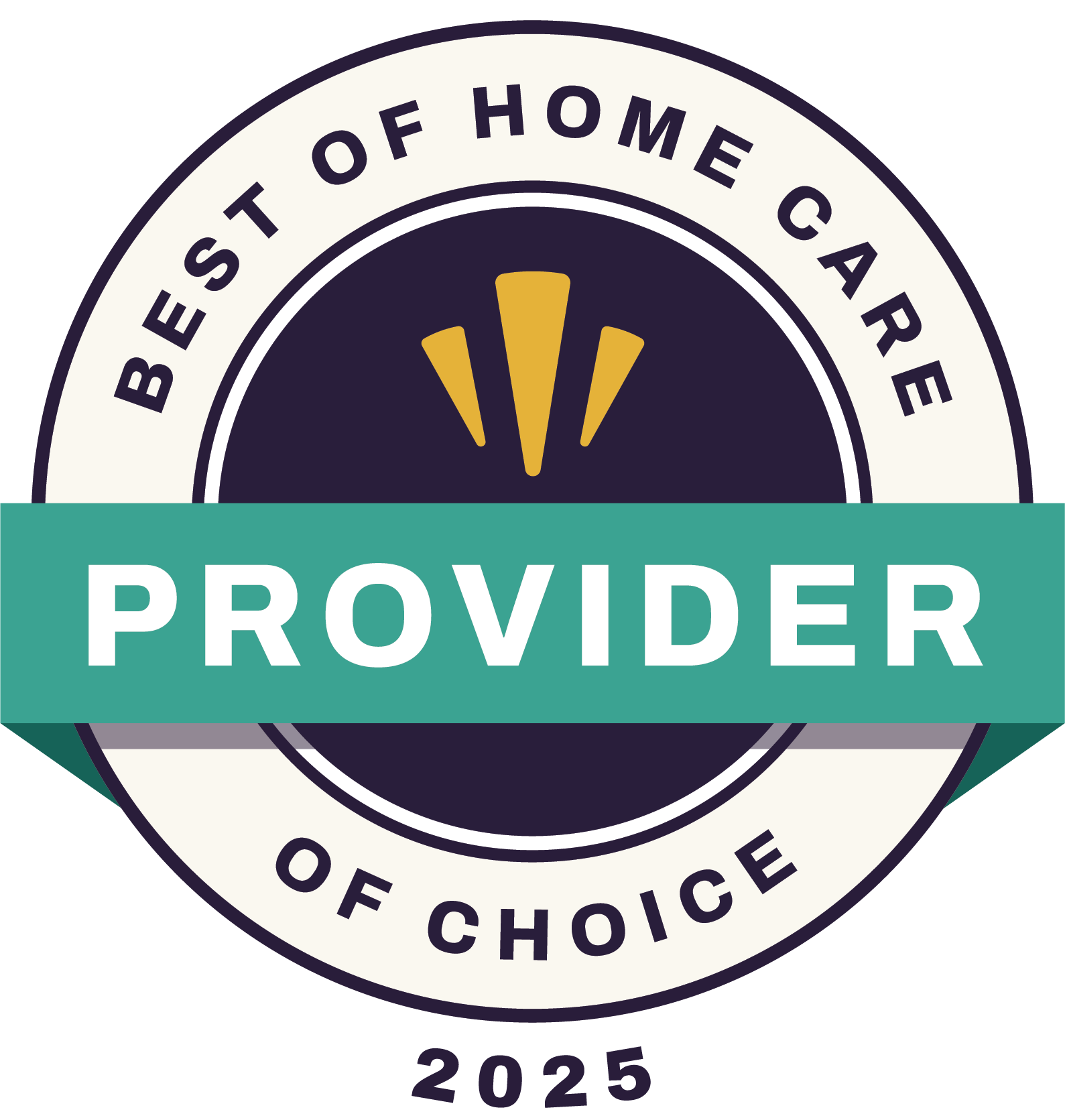What to Know About Mental Health and Aging Loved Ones
Mental health is a topic that is far too often overlooked, especially when it comes to the elderly demographic. Over 20% of adults aged 60 or above suffer from a mental or neurological disorder. Our quality of life shouldn't dwindle just because we are aging. While there are challenges that come along with growing older, there are also ways to cope and seek guidance. Checking in on our aging loved ones and providing them with the love, support, and resources they deserve is the first step to ensure they continue living a joyous life.
Triggers for Mental Illness
As we age, we experience physical and functional bodily changes which can affect mobility. Certain movements may cause pain, or our eyesight may weaken. Not to mention, it can feel like our independence is slowly diminishing. Along with physical ailments, our brains and nervous system are experiencing the process of aging as well. This may cause neurological conditions such as Alzheimer's, dementia, and Parkinson's disease.
- Chronic pain can be cumbersome to deal with, triggering stress and anxiety. Some individuals lose the ability to work, causing self-esteem and financial issues. Others may find simple social outings difficult to manage, leaving them isolated and alone. Having chronic pain could lead to depression and depression can often turn into physical pain, leaving our loved ones experiencing a vicious cycle.
- Grief isn't something we experience in our younger years as much as in our older years. Not only are we aging, but our parents, significant others, and friends are as well. Losing loved ones is never easy.
- Medications may have side effects that influence our thoughts, leading to depression or mental health. It's important to seek professional opinions on better alternatives if your loved one is having difficulty managing the symptoms.
- Long-term illnesses like cancer or Parkinson's can weigh heavily on someone's spirit. There are support groups for individuals experiencing severe illnesses as well as for the people caring for them.
Ways to Improve Mental Health
Encourage your loved one to communicate and seek help if they are feeling sadness and self-isolation. Depression can ultimately affect one's physical health, decreasing appetite and even urging self-harm. Hope is not lost and we understand the challenges both caretakers and the elderly may face.
- Stay moving and help keep your loved one busy by going for daily walks, taking up hobbies, having them help with cooking, and enjoying some of their favorite things.
- Get outside and experience some fresh air which does wonders for our mental health. If the weather permits, sit in a garden or go for a serene walk.
- Stay in touch by utilizing technology. Set your loved one up with an iPad or phone so they can call family whenever needed. Consult with other family members to ensure they have frequent visitors throughout the week.
- Playing games such as crosswords will help keep their brain busy and stimulated. Perhaps a group of friends would enjoy a weekly bridge club or some sort of activity they all enjoy.
- Adopting a pet will help reduce feelings of loneliness and bring a sense of purpose to their life. This goes both for the pet and your loved one.
- Get involved with the community by joining local groups, volunteering, or attending faith-based gatherings. Simply interacting with people who share the same values could boost morale.
Learn More About the Mental Health of Aging Loved Ones
Living with depression or other mental health challenges is a difficult thing to endure. Thankfully, discussions about mental health have significantly improved within the public health community. There are also a variety of resources available to help you and your family. Having an in-home health aid can also improve the overall well-being of someone experiencing depression. Elite Home Health Care has highly trained and compassionate professionals who cater to your loved one's specific needs and allow them to continue living a fulfilled life at ease. Contact us to learn more.
Written by: Leah Ganz
Leah Ganz, RN, BSN is the Director of Patient Services at Elite Home Health Care. She has an extensive background in homecare and previously worked in various specialties including pediatrics, pain management and internal medicine. She oversees all patient services across Elite's departments.



